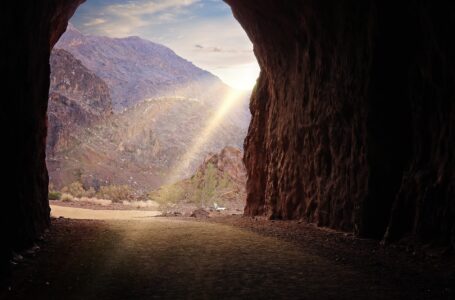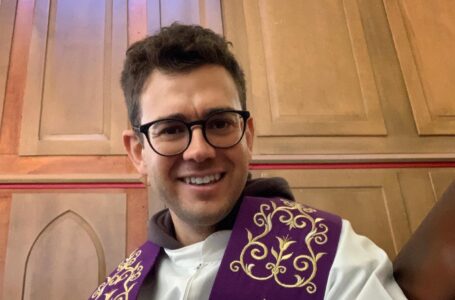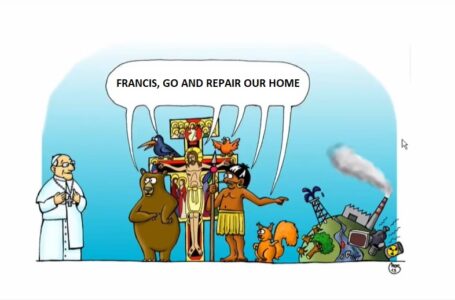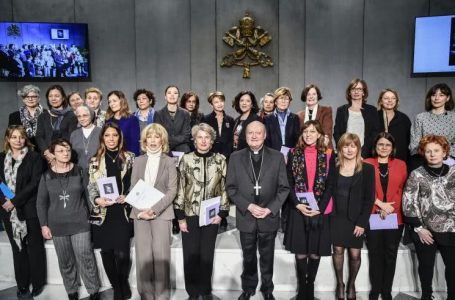Ecological Conversion Definition
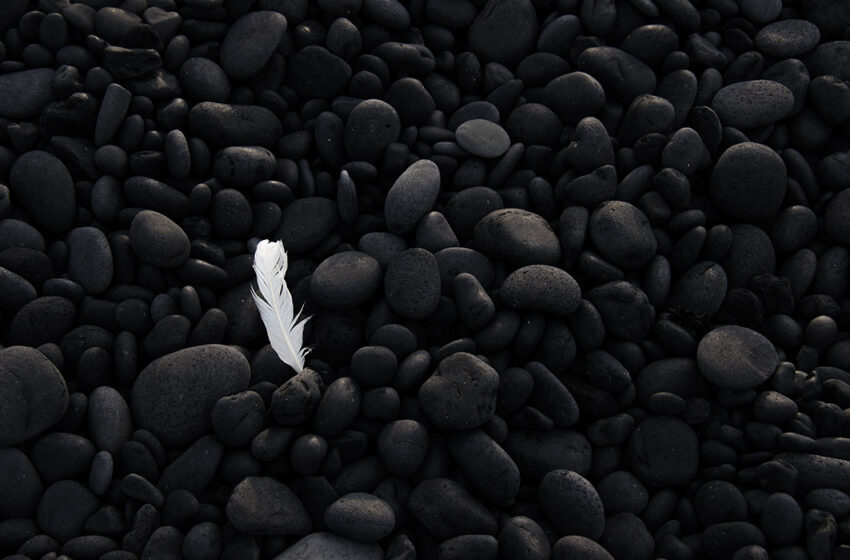
Black pebbles due to volcanic activity in Iceland. Photo: Christina Gatt
As part of the celebrations of the Season of Creation (1st Sept – 4th Oct) Fr Jimmy Bonnici gives an ecological conversion definition in this article. Through the encyclical ‘On Care for Our Common Home‘, he demonstrates how an eco-conversion implies a new way how we look at, interact and behave in front of creation.
Ecological Conversion Definition
The word ‘ecological’ comes from the noun ‘ecology’ which means the branch of biology dealing with the relations and interactions between organisms and their environment. Whilst the word ‘conversion’ comes from the Anglo-French word, ‘conversio’ which means a complete change.
Thus, ‘Ecological Conversion’ implies a change in how we look at, interact and behave, to care for our common home. It means changes in the choices that we make in our daily life, that have an effect on the environment as a whole; on other living organisms, including people. It is a change for the betterment or improvement of all creation and its creatures. A person who has ecologically converted acts like a human being in the image of God where s/he seeks to live in harmony with nature (including people); a steward rather than someone who dominates.
Ecological conversion in the Catholic perspective usually includes:
1. A sense of gratitude and gratuitousness (cf. Care for Our Common Home 220)
Through the Catholic faith one becomes open to a sense of thankfulness and wonder as one recognises “that the world is God’s loving gift, and that we are called quietly to imitate his generosity in self-sacrifice and good works,” even when no one is looking.
What are you thankful for? What do you wish to give in return?
2. Awareness that I am also part of the book of Creation (cf. Care for Our Common Home 220)
“It also entails a loving awareness that we are not disconnected from the rest of creatures, but joined in a splendid universal communion. As believers, we do not look at the world from without but from within, conscious of the bonds with which the Father has linked us to all beings. By developing our individual, God-given capacities, an ecological conversion can inspire us to greater creativity and enthusiasm in resolving the world’s problems and in offering ourselves to God “as a living sacrifice, holy and acceptable” (Rom 12:1).” So creation is like a word of love from God to you and you are a word of love from God to the rest of Creation.
What does God’s trust in you inspire within you?
3. Awareness that every creature reflects something of who God is: goodness, knowledge, beauty, love, gentleness (etc.) (cf. Care for Our Common Home 221)
The Catholic perspective of ecological conversion is recognising “that each creature reflects something of God and has a message to convey to us, and the security that Christ has taken unto himself this material world and now, risen, is intimately present to each being, surrounding it with his affection and penetrating it with his light.”
Choose a creature, an insect, a flower, a fruit, a person… and contemplate on it. What does this creature tell me about God?
4. Acknowledging harmony and order in creation (cf. Care for Our Common Home 221)
Ecological conversion for the Catholic is also knowing “that God created the world, writing into it an order and a dynamism that human beings have no right to ignore. We read in the Gospel that Jesus says of the birds of the air that “not one of them is forgotten before God” (Lk 12:6). How then can we possibly mistreat them or cause them harm?”
Observe the rhythms, colours, cycles and seasons in nature. What is God’s invitation to you today?
Ecological Conversion is a particular way of looking at creation prompting a change of heart
Therefore, “Ecological Conversion” in the Catholic sense is this new way of looking at creation; a new way of living our life in deeper harmony with the people around us, with the creatures we live with and with God. It can mean choosing to have less in life but living more of life to ensure that all, including future generations, benefit equally from the Earth’s resources.
Pope Francis presents the figure of Saint Francis of Assisi as a model for this conversion: “to realise that a healthy relationship with creation is one dimension of overall personal conversion, which entails the recognition of our errors, sins, faults and failures, and leads to heartfelt repentance and desire to change. To achieve such reconciliation, we must examine our lives and acknowledge the ways in which we have harmed God’s creation through our actions and our failure to act. We need to experience a conversion, or change of heart”. (cf. Care for Our Common Home 218)
Ecological conversion definition
Read more:
– Why Care for our Common Home? – Fr Rob Galea
– Top Pope Francis’ Sustainability Quotes
